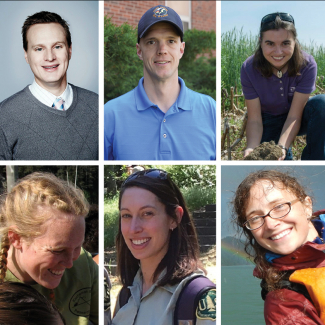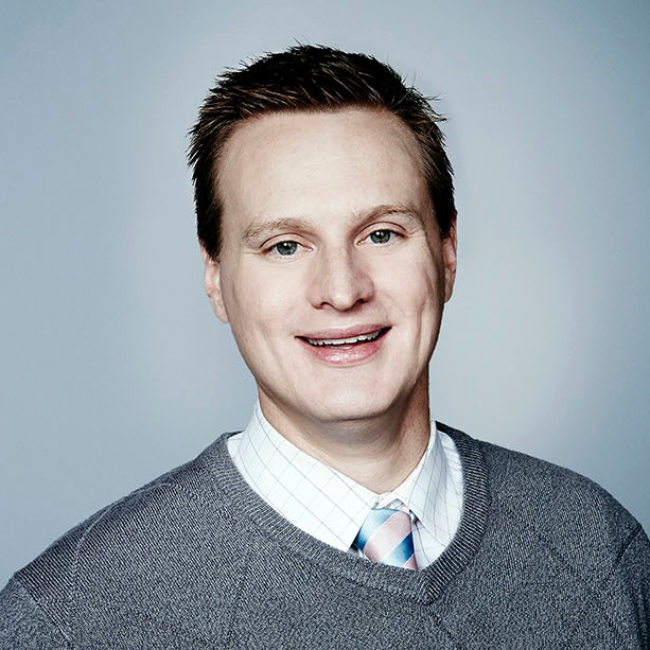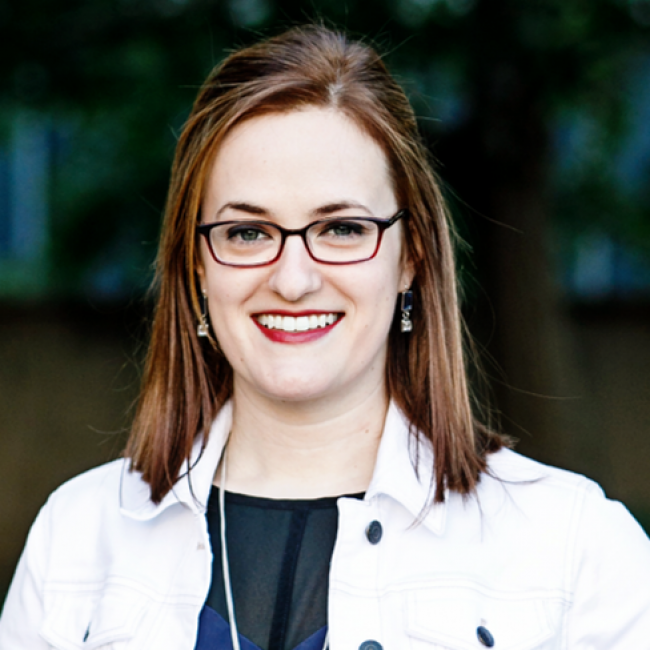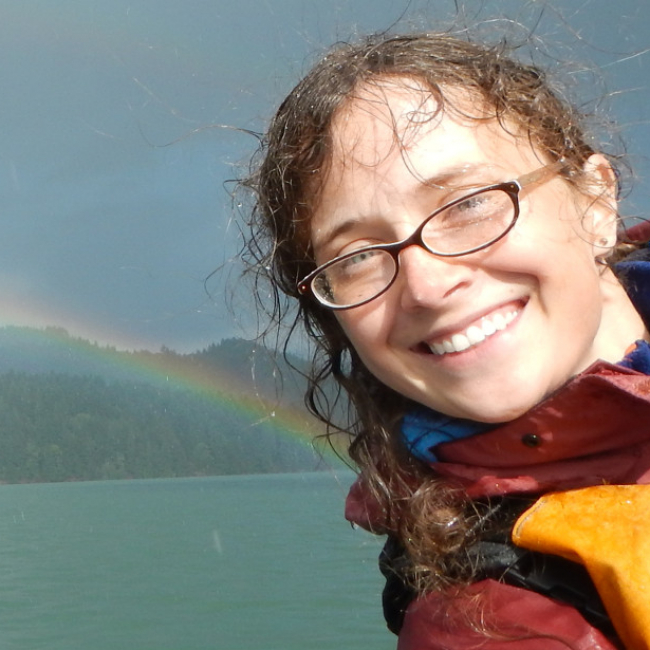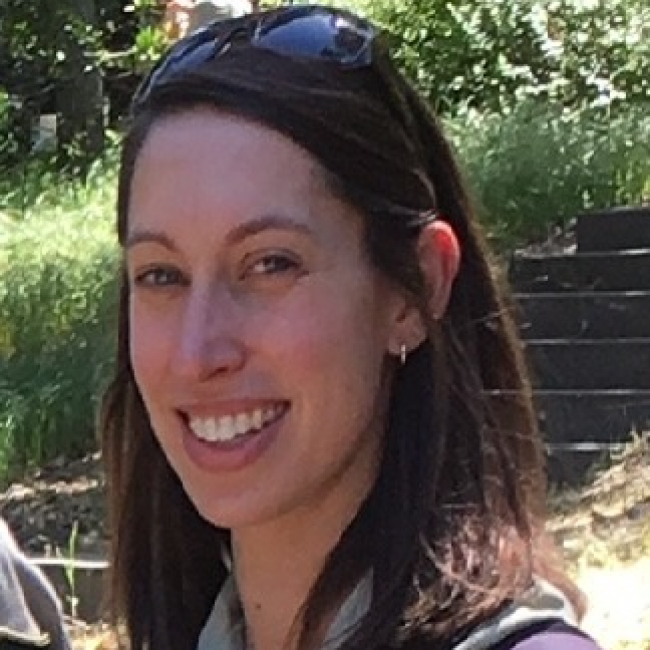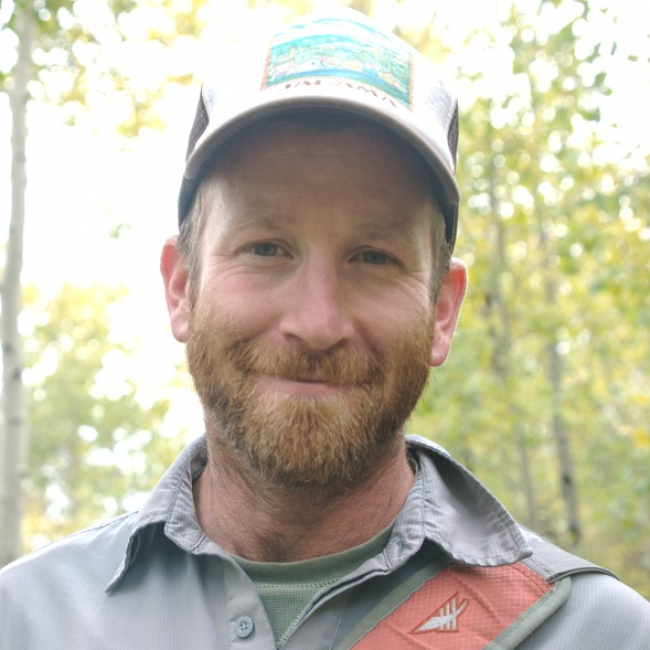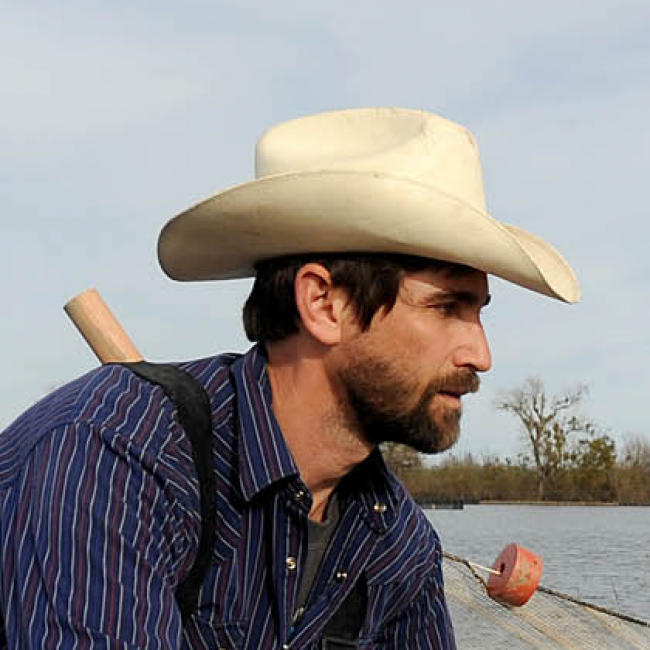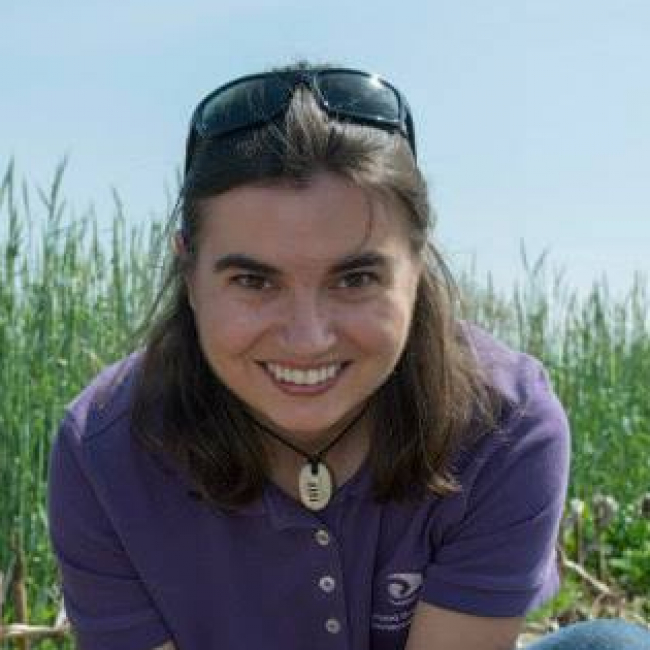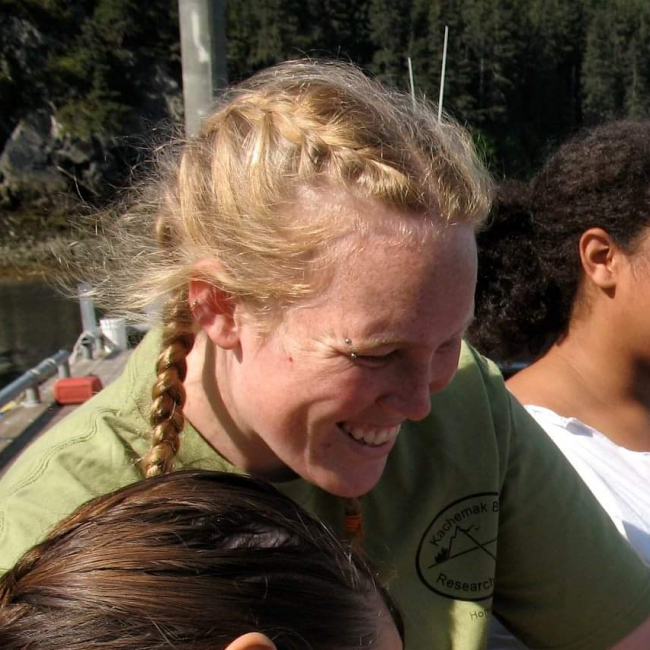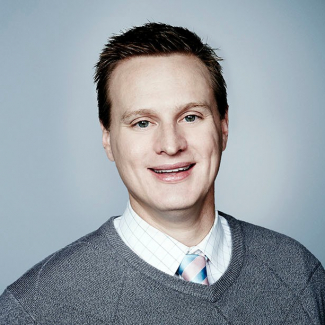
Brandon Miller
The facts
Hollings internship office and topic
National Weather Service (NWS) Forecast Office in Georgia studying severe weather events.
Education
- B.S. in atmospheric science from Georgia Institute of Technology (Georgia Tech)
- M.S. in atmospheric science from Georgia Tech
Current career
CNN Meteorologist, Supervising Weather Producer, and Climate Crisis Beat Leader at CNN International
Like many meteorology students, I knew what I saw on TV, so I knew that I could be a broadcast meteorologist. But, after Hollings, I explored an academic career path. Even though I didn’t take a job with NOAA, Hollings gave me extremely valuable experience and context that I still use to this day.
What was your career path?
I had a couple of important career launching opportunities in undergraduate at Georgia Tech. First, I had an internship at CNN doing Global Weather News. I think this probably made me competitive for my REU [research experience for undergraduates] with the National Weather Center in Norman, Oklahoma in 2005. That REU experience led me to Hollings and the research I did during my Hollings internship introduced me to new career possibilities. Those possibilities led me to go to graduate school at Georgia Tech after my graduation in 2006. I also continued to work freelance at CNN to keep the door open for future work. I officially joined the CNN World Weather Department in 2008 after graduating with my master’s degree.
How did Hollings impact your career path?
Hollings gave me more experience in the operational and research fields in meteorology. The research I did during my internship gave me the experience and the confidence to do things that weren’t necessarily along my planned career path. Like many meteorology students, I knew what I saw on TV, so I knew that I could be a broadcast meteorologist. But, after Hollings, I explored an academic career path. Even though I didn’t take a job with NOAA, Hollings gave me extremely valuable experience and context that I still use to this day.
Do you still use skills learned during your internship or other aspects of your Hollings experience today?
Yes, absolutely. Working with and becoming comfortable with academic research helps me figure out what is important in research and communicate that effectively, which is something I do everyday. Understanding the intersection of research and operations when it comes to meteorology and climate science, especially being able to synthesize research and apply it to operational techniques, is essential. They’re very connected — you have researchers and then you have your boots on the ground and they don’t communicate all that well — they sort of live different lives. I am able to go comfortably between those two and my Hollings experience is one piece that helped me be able to do so.
What advice do you have for current and future Hollings scholars?
Keep your network open and as broad as possible. Everyone talks about [how] “networking is so important,” but some people keep their network too narrow. I networked as widely as I could and as many places as possible. I did this because I wasn’t exactly sure what field I wanted to find myself in, but I still use those contacts in my job today as a communicator. I know the right person to talk to and reach back out to researchers to learn about something I got a press release on. You never know where you are going to end up and the field is more connected, and smaller, than you think.
What was your favorite or most memorable moment from your Hollings experience?
I really enjoyed the trip to Silver Spring, Maryland, for the scholar conference and presentations. I actually won an award for best presentation and I got to go to headquarters and meet the director of National Weather Service and NOAA leadership. It was very memorable to me. They gave me a little medal and a book about navigating the world of federal service and operational meteorology. It was just really cool as a college kid to be able to sit in the office of the director of the NWS and see how it worked at the highest level. Also, the symposium was kind of like a mini-academic conference and so when it came time for me to present the American Meteorological Society (AMS) national conference, I had that experience in my back pocket. I knew that I’d presented my research in front of scientists and won an award for it and that gave me the confidence to present later.
What is your favorite part of your job today?
I get to cover pretty much every interesting weather and climate extreme in the world in some way or another, be it television or digitally or planning coverage. You think of any big typhoon or heat wave or earthquake over the past 15 years, and I was a part of covering it in one way or another. That is cool to me and that is ultimately what drove me in that direction versus working in a local weather service office or local station. I love the global nature of it.
I get to cover pretty much every interesting weather and climate extreme in the world in some way or another, be it television or digitally or planning coverage ... That is cool to me and that is ultimately what drove me in that direction versus working in a local weather service office or local station.


